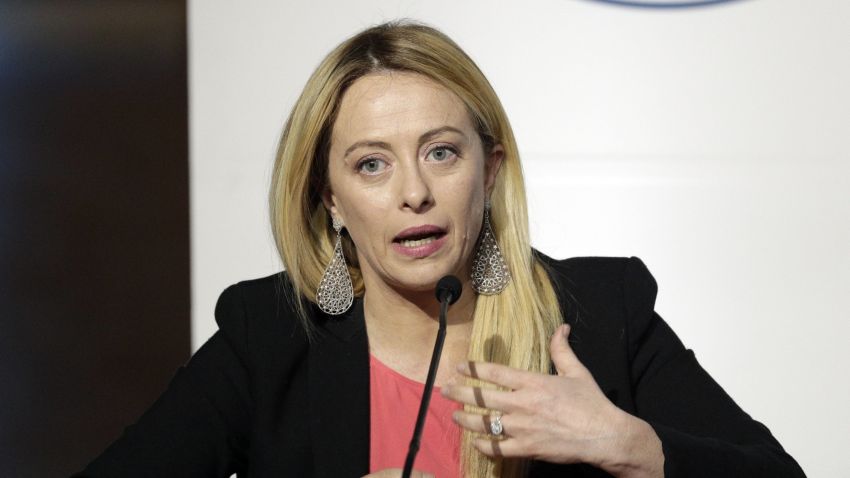Of the many recurring tropes in debates about European politics, perhaps the most persistently misleading is the endless lament among commentators over Italy’s supposed decline. Whenever a political crisis plays out in Rome, the reflex among so many external observers is to draw on an impoverished analytical vocabulary that seems to have changed little from the disdain expressed in U.S. or German newspapers of the 1950s toward “temperamental” Italians. As is so often the case, simplistic narratives that so many commentators unthinkingly embrace end up drawing attention away from how Italian society is at the forefront of political and economic trends that may eventually reshape the European Union as a whole.
The fall of the so-called technical government of national unity under former Prime Minister Mario Draghi in July and the resulting Italian parliamentary elections that will take place on Sept. 25 have led to a resurge of such reductive, recycled stereotypes. As the president of the European Central Bank during the height of the eurozone’s troubles between 2011 and 2019, Draghi built a reputation for astute decision-making that tempted many outside observers to construct a narrative of Italian national revival after he became prime minister in 2021.
Yet as Daniele Albertazzi has pointed out, though his authority was bolstered by his government’s access to over 200 billion euros from the EU’s COVID Recovery Fund, as prime minister, Draghi remained dependent on the willingness of parties across the political spectrum to back his policy proposals. Rather than marking a miraculous comeback under wise leadership, Draghi’s premiership remained subject to the Italian state’s strengths and vulnerabilities, none of which miraculously disappeared as it struggled with the impact of the coronavirus pandemic as well as the energy and security dilemmas generated by Russia’s invasion of Ukraine. Italian institutions during Draghi’s “technical” interregnum proved skilled at managing sudden shocks over public health and energy, but these shocks were compounded by structural dysfunctions resulting from the failed policies of previous Italian governments.

